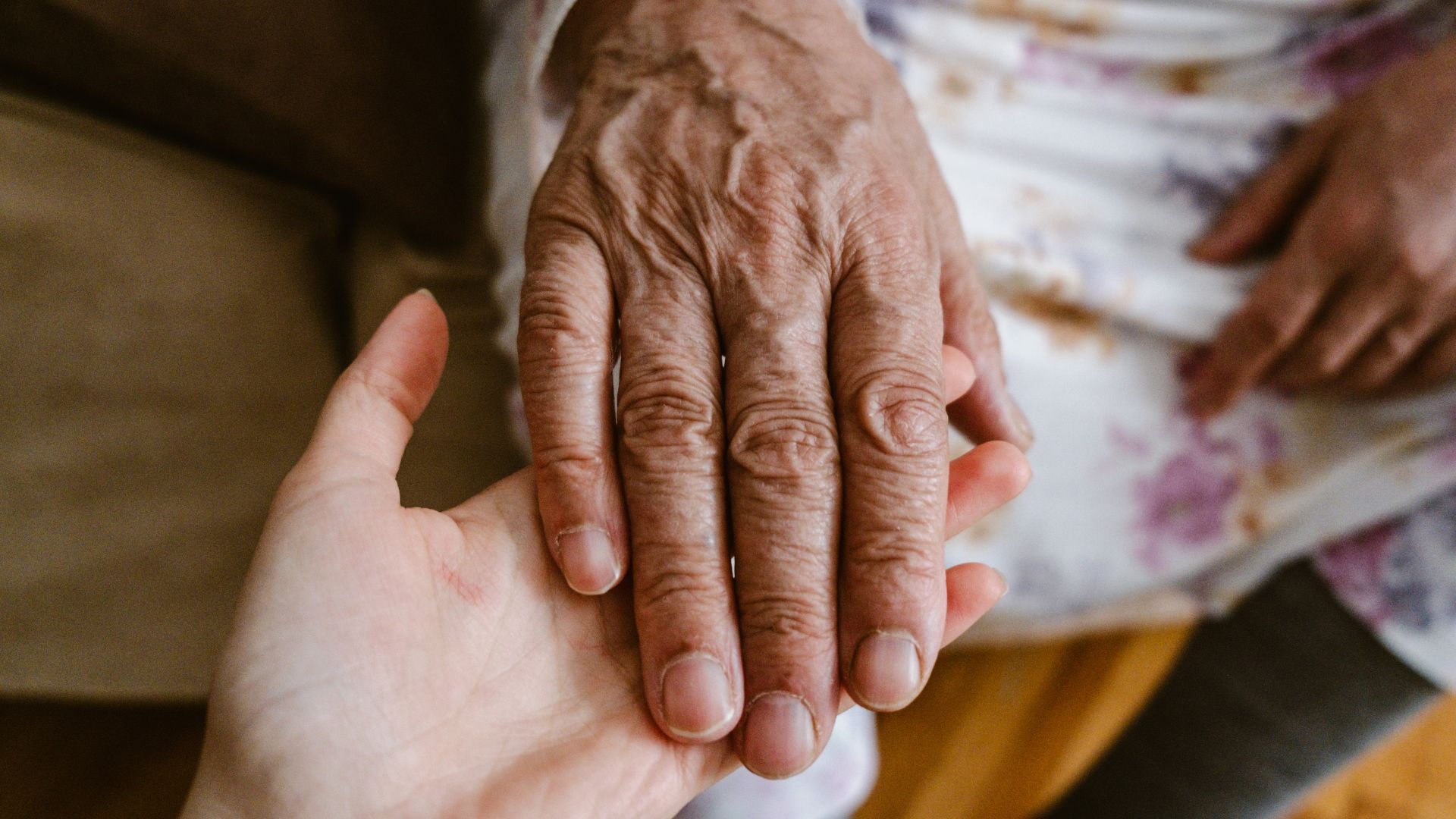Lifestyle
Care Home Ordered to Enhance Standards After Assault Allegation

An elderly care facility in Rangiora has been instructed to improve its care standards following serious allegations of sexual assault involving a resident. The complaint, lodged by the daughter of a woman requiring hospital-level care at Bainlea House, highlighted significant failings in the facility’s management of her mother’s health and safety.
In July 2022, concerns were raised regarding the woman’s pressure injury management, weight loss, and allegations of sexual assault during an outing. This prompted immediate action from Bainlea House, also known as Bainswood on Victoria, which temporarily prohibited a man known to the woman from visiting her. Facility director Andrew Renwick acknowledged the professionalism of the staff during this difficult situation but admitted that the facility “had not achieved the right standard,” according to RNZ.
Investigation Findings and Recommendations
An internal investigation commenced on August 1, 2022, with police being notified shortly thereafter. Although the police interviewed the woman, they concluded that there was insufficient evidence of sexual offending, leading to the closure of the case file. Subsequently, the Health & Disability Commissioner (HDC) determined that Bainlea House had breached the Code of Health and Disability Services Consumers’ Rights by failing to provide care with reasonable skill and diligence.
Deputy Commissioner Carolyn Cooper criticized the facility’s abuse and neglect policy as inadequate, noting that it did not properly guide staff when facing allegations of potential sexual abuse. Staff members were unable to escalate the issue according to the seriousness of the situation, which was against the facility’s own policies. Cooper’s findings, corroborated by an in-house registered nurse, revealed multiple deviations from accepted standards of care, including mishandling photographs taken of the woman’s genital area, poor management of her pressure wounds, and neglect of her dietary requirements.
The woman, who suffered partial paralysis and had difficulty swallowing after a stroke, needed full assistance with mobility, feeding, and communication. Despite her speech challenges, her short-term memory and awareness remained intact, as noted by Cooper.
Clinical notes from July 2022 indicated that a nurse had communicated with the woman’s welfare guardian, who expressed concerns about the woman’s frequent and lengthy outings with the man, as well as her condition upon returning from these outings. Caregivers later discovered that her incontinence wrap had been tampered with and observed redness and swelling in her genital area.
Corrective Actions and Future Steps
Following these findings, Bainlea House acknowledged mistakes in handling the photographs and the management of the incontinence wrap. The facility maintained that consent had been sought before the photographs were taken, indicated by a nod and verbal confirmation from the woman. However, they conceded that staff failed to directly ask her whether she consented to sexual relations with the man, instead relying on her “distressed behaviour” as an inference of non-consent.
In response to the HDC’s findings, Bainlea House implemented a comprehensive corrective action plan that included additional staff training beginning in August 2022 and continuing through 2024. Training focused on topics such as abuse prevention, sexuality and intimacy, privacy, communication, and critical thinking. Cooper praised these corrective measures, describing them as “comprehensive and of good quality,” especially highlighting the emphasis on staff education.
The HDC also recommended that Bainlea House formally apologize to the woman’s family, which the facility has since accomplished. Renwick confirmed that the organization accepted the findings of the investigation. “We’re confident we can learn and improve for the benefit of our residents and their families,” he stated, as reported by RNZ.
This case emphasizes the critical need for robust policies, vigilant oversight, and compassionate care in protecting vulnerable residents within aged-care facilities. The findings serve as a crucial reminder of the standards expected in the care of elderly individuals, particularly those with complex health needs.
-

 World4 months ago
World4 months agoTest Your Knowledge: Take the Herald’s Afternoon Quiz Today
-

 Sports4 months ago
Sports4 months agoPM Faces Backlash from Fans During Netball Trophy Ceremony
-

 Lifestyle4 months ago
Lifestyle4 months agoDunedin Designers Win Top Award at Hokonui Fashion Event
-

 Entertainment4 months ago
Entertainment4 months agoExperience the Excitement of ‘Chief of War’ in Oʻahu
-

 Sports4 months ago
Sports4 months agoLiam Lawson Launches New Era for Racing Bulls with Strong Start
-

 World5 months ago
World5 months agoCoalition Forms to Preserve Māori Wards in Hawke’s Bay
-

 Health4 months ago
Health4 months agoWalking Faster Offers Major Health Benefits for Older Adults
-

 Lifestyle4 months ago
Lifestyle4 months agoDisney Fan Reveals Dress Code Tips for Park Visitors
-

 Politics4 months ago
Politics4 months agoScots Rally with Humor and Music to Protest Trump’s Visit
-

 Top Stories5 months ago
Top Stories5 months agoUK and India Finalize Trade Deal to Boost Economic Ties
-

 Health2 months ago
Health2 months agoRadio Host Jay-Jay Feeney’s Partner Secures Visa to Stay in NZ
-

 World5 months ago
World5 months agoHuntly Begins Water Pipe Flushing to Resolve Brown Water Issue









